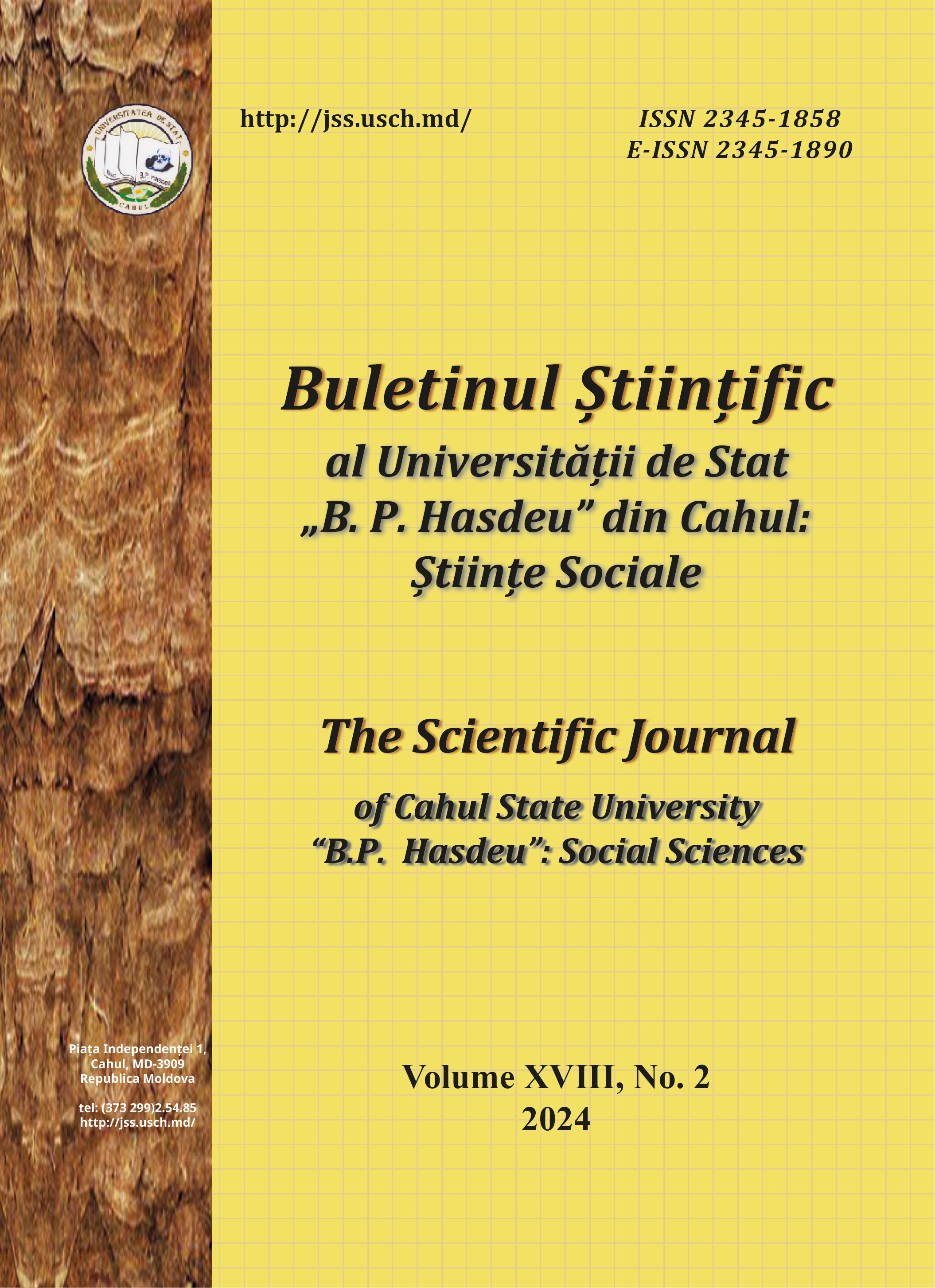ECOLOGICAL EXPERTISE AND ENVIRONMENTAL IMPACT ASSESSMENT: REFLECTIONS ON CHALLENGES, APPROACHES, AND CROSS COUNTRY DIFFERENCES
ECOLOGICAL EXPERTISE AND ENVIRONMENTAL IMPACT ASSESSMENT: REFLECTIONS ON CHALLENGES, APPROACHES, AND CROSS COUNTRY DIFFERENCES
Author(s): Luminița DIACONUSubject(s): Politics / Political Sciences, Politics, Political Sciences, Environmental and Energy policy
Published by: Universitatea de Stat „Bogdan Petriceicu Hasdeu” din Cahul
Keywords: environmental assessment; sustainable development; expertise; documentation;
Summary/Abstract: Purpose: This article analyzes the world legislation that regulates the environmental impact assessment but also the attributions of the public authorities related to this topic. By researching the results obtained during the implementation of the legislation in this field, we can deduce that the existence of the legal framework does not fully guarantee the successful execution of a procedure, and in this case the implementation of environmental impact assessment. Environmental Impact Assessment (EIA) is a process that identifies, assesses and mitigates the environmental impacts of a proposed project. It delves into the critical role of environmental control and assessment in fostering sustainable development. The purpose of this study is to elucidate how monitoring, evaluating, and regulating environmental factors are essential for achieving long-term sustainability across various sectors.Methodology The methodology employed includes a comprehensive review of existing literature and best practices in environmental control and assessment. This article examines the challenges faced in carrying out EIAs, the similarities and differences between EIAs in different countries, and the evolution of EIA effectiveness over timeMajor findings Although, the legislation of the Republic of Moldova regulates this process, in practice very few projects, whether public or private, are subject to environmental impact assessment. At the end of the article I have proposed some solutions to improve the performance of this large procedure. It highlights the importance of integrating environmental considerations into decision-making processes for a more sustainable future. The paper emphasizes the significance of environmental control and assessment in mitigating the impact of human activities on the environment and promoting sustainable practices for a harmonious coexistence between development and nature.
Journal: Buletinul Științific al Universității de Stat “Bogdan Petriceicu Hasdeu” din Cahul: Științe Sociale
- Issue Year: XVIII/2024
- Issue No: 2
- Page Range: 85-103
- Page Count: 19
- Language: English

